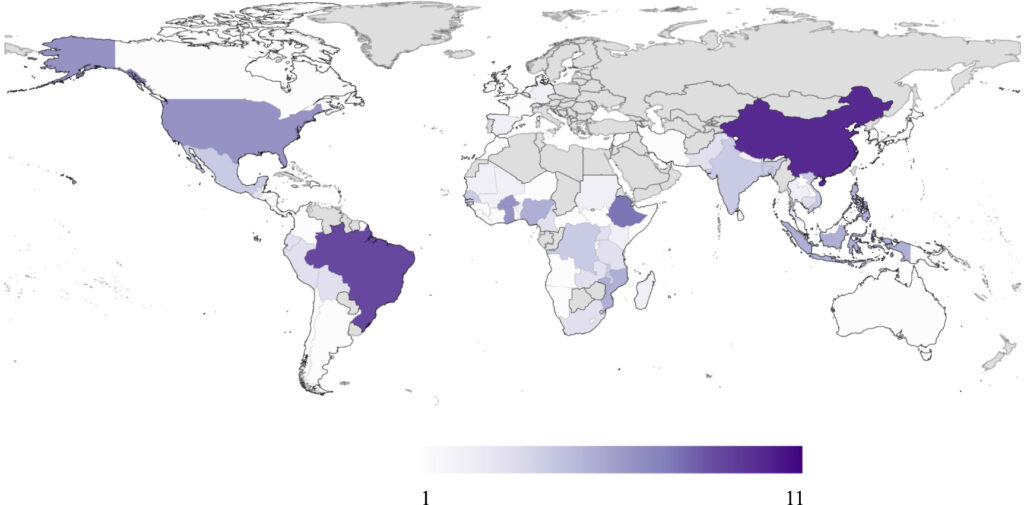Céline Guivarch, CIRED, Ecole des Ponts
In a new systematic review study, published in Environmental Research Letters, a team of authors from PRISMA analysed the existing literature and gathered evidence on whether, where and how climate change exacerbates economic inequality.
The evidence from 127 peer reviewed papers shows that climate change impacts increase economic inequalities and disproportionately affect the poor, both globally and within countries on all continents. These results are valid across all types of physical impacts (temperature, precipitation, sea level rise, extreme events), assessment methods (econometric, simulation, etc), economic sectors and types of inequality (GDP, household income, consumption). The channels through which this occurs include economy wide effects, decreasing agricultural revenues, and decreasing labour productivity. The regressivity of climate change impacts calls for targeted compensatory mechanisms through international adaptation and losses and damages finance. At the country level, policy-makers should ensure funding is directed to low-income households.

Map of countries where studies show a regressive effect, i.e. that climate change increases economic inequality or that the poor are more impacted. This map includes studies with a national or sub-national scope, and multi-country studies where that result is valid for single countries. This map excludes global studies. source: Méjean et al. 2024.
- Published article: Méjean, A. et al. (2024) Climate change impacts increase economic inequality: evidence from a systematic literature review, Environmental Research Letters, doi: 10.1088/1748-9326/ad376e
- Link to a guest post presenting the mail results: https://www.carbonbrief.org/guest-post-how-climate-change-could-reverse-gains-in-global-inequality/
This news is part of a project that has received funding from the European Union’s Horizon Europe programme under grant agreement No 101081604 – PRISMA.
Views and opinions expressed are however those of the speaker(s) only and do not necessarily reflect those of the European Union or the European Climate, Infrastructure and Environment Executive Agency (CINEA). Neither the European Union nor the granting authority can be held responsible for them.
